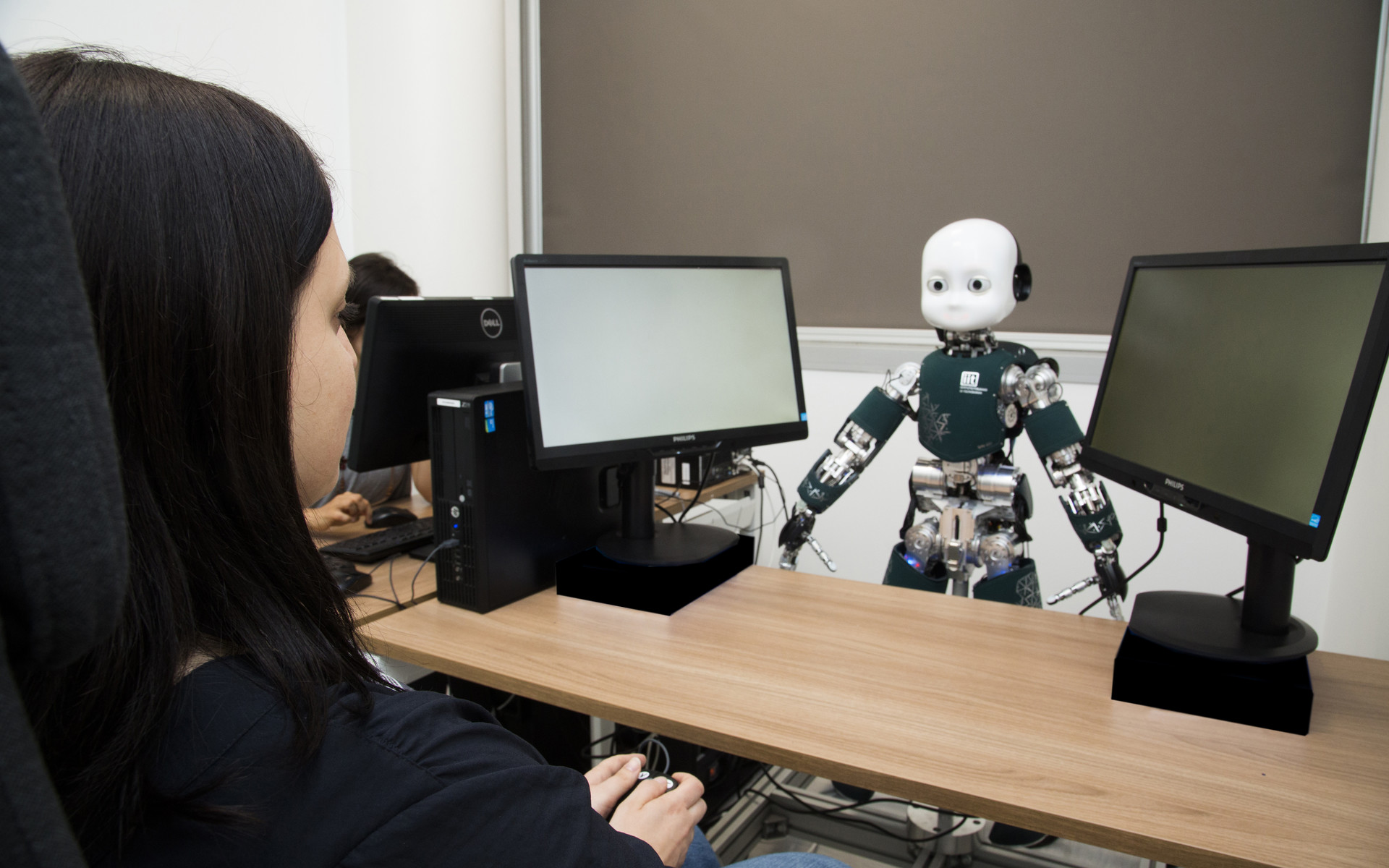Work Packages
The work of INSTANCE is distributed across four Work Packages (WP), each WP addressing a different set of factors influencing the adoption of the intentional stance and social attunement.

WP1
Identifying human-like characteristics of behavior
WP1 focuses on how several generic (non-social) behavioral characteristics that make a given behavior appear human-like might facilitate adopting the intentional stance towards a robot.

WP2
Inferring communicate intentions from observed behavior
WP2 investigates the degree of social attunement dependent on the types of intentions that are read out from the observed behavior. Here we are centered on inferring communicative intentions from social gestures.

WP3
The impact of culture on mind attribution and social attunement
We will use the same robot with identical behavioral characteristics in Asia and Europe to examine the sole impact of culture on the attribution of mind.

WP4
Familiarity and experience with robots and the likelihood of adopting the intentional stance
This work package aims at answering the question of whether the probability of adopting the intentional stance changes with the familiarity with robots.
Work Packages